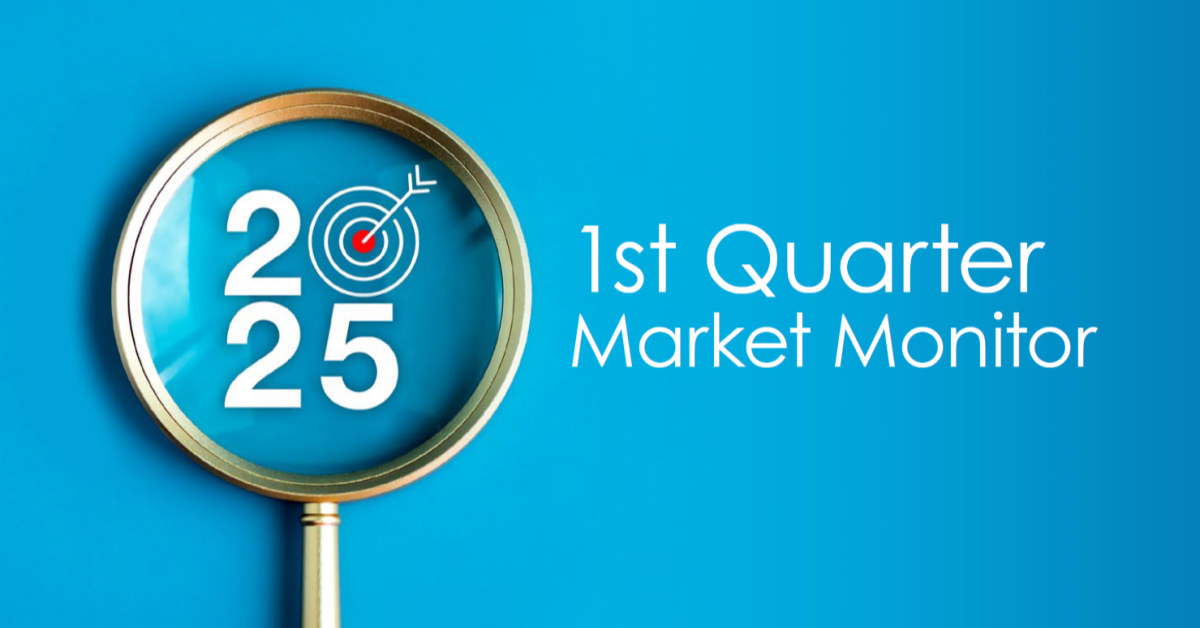
Cyber security is a topic that is becoming more and more important in all of our client relationships. Our growing dependence on technology as a society demands greater security while online and a shared responsibility which requires awareness from both the client and the advisor. The majority of cyber criminals are indiscriminate. They will attack any vulnerable computer system or person they can find. That being said, it is imperative you stay up to date on the current techniques being used by the cyber criminals and the best practices to ensure your privacy and data security.
Historically, financial advisory firms are entrusted with highly confidential data, making us and our clients’ prime targets for cyber criminals. According to the Identity Theft Resource Center, criminals compromised the personal records of more than 117 million people in the first six months of 2015 (source). These attacks target individuals and attempt to steal their money and their personal information. The most common forms of cybercrime in the financial services industry include identity theft, identity fraud, and phishing scams.
Identity Theft: the fraudulent acquisition and use of a person’s private identifying information, usually for financial gain.
A cybercriminal will steal your Social Security number, bank account information, credit card information and take out loans and make purchases in your name.
Identity Fraud: impersonating someone else (via telephone or email) with the intent to steal money from this person.
A cybercriminal will call your bank, financial advisor, accountant, etc. and try to impersonate you in hopes that one of these professionals will fail to realize this is not you and they will meet the demands of the cybercriminal.
Phishing Scams: acquiring private or sensitive data from people by sending emails that appear to come from credible sources.
These emails prompt users to input personal information which then can be used by the hackers to commit acts of fraud.
Best Practices to Ensure Your Privacy and Data Security
- Create smart, strong passwords
- Use uppercase & lowercase letters, numbers, and symbols
- Do not use the same password for all your online accounts
- All online purchases should be done through secure, trusted websites
- Access the internet via secure, trusted WiFi sources only
- If you do not have access to a secure, trusted WiFi source:
- use your phones data
- wait until you do have access
- If you do not have access to a secure, trusted WiFi source:
- Do not click on links in emails from unfamiliar sources
- Do not input any financial information that was prompted via an email
- Continually monitor your accounts online to check for fraudulent activity
Protecting yourself online must become a major priority. Billions of dollars a year are spent by companies and individuals alike to protect against identity theft, identity fraud, and phishing. As more and more of our daily lives involve an online presence, it is important to understand the possible crimes that may take place against you while using these services and what you can do to mitigate this from happening to you.
As always, if you have any further questions or would like more information regarding these matters, please do not hesitate to contact us.



